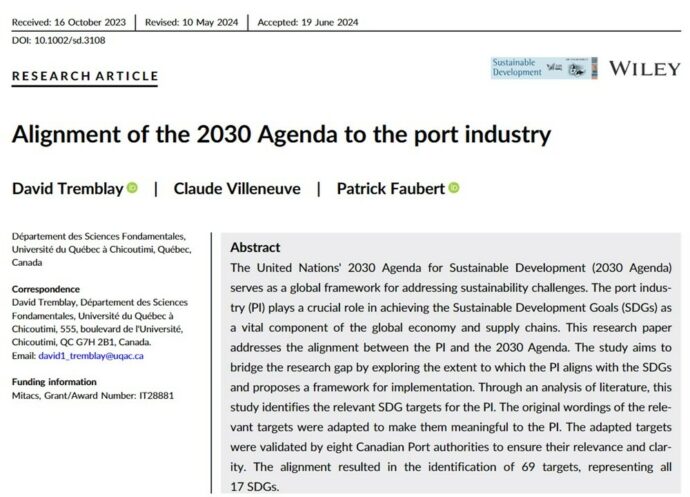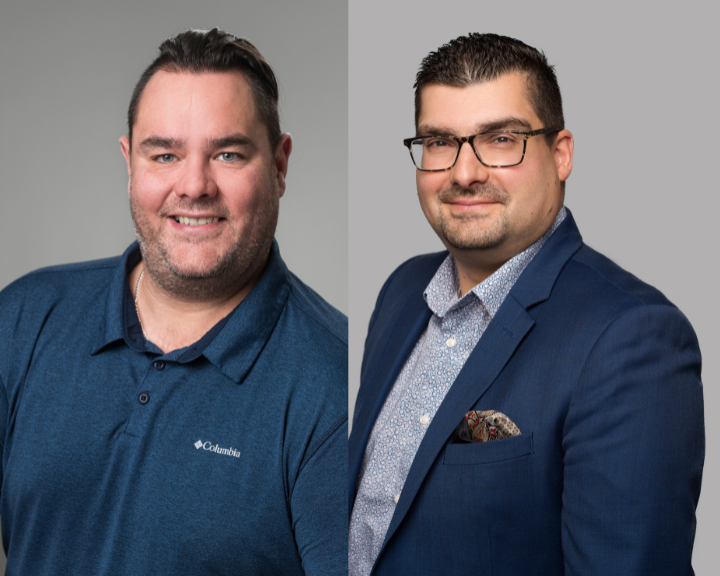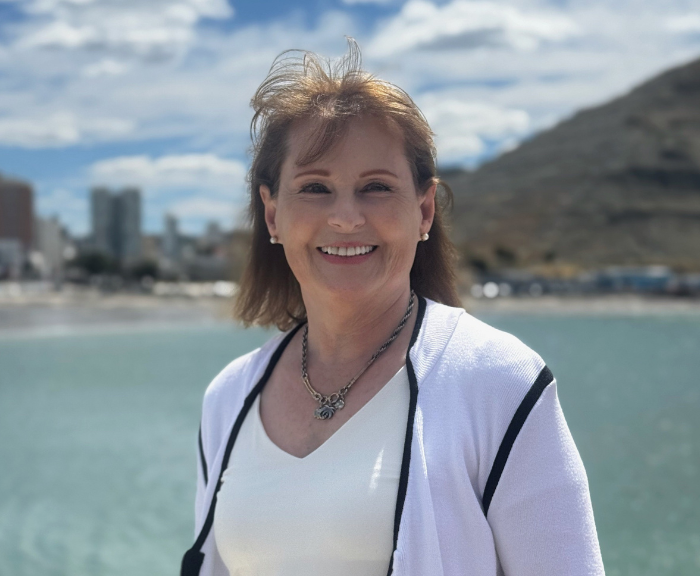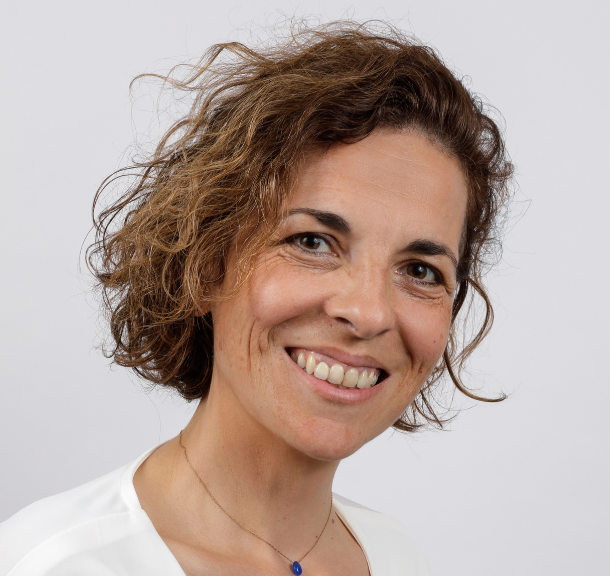Introduction
To help its members achieve the ten goals identified by its 2030 Agenda, AIVP launched a dedicated self-assessment tool in November 2023. The self-assessment tool should be carried out annually to enable the ports and cities of the AIVP network to monitor their progress towards the 2030 Agenda goals. The Port of Saguenay (Canada) is the first member to have completed the seaport self-assessment, as part of its policy looking at the different ways in which it can contribute to the UN’s Sustainable Development Goals. In this interview, we discuss how the self-assessment helped the Port pursue that policy.
Interview with Simon Tremblay, Environment & Sustainable Development Lead, and Francois St-Gelais, Community Relations & Communications Lead.
Interview
What’s your verdict on the AIVP self-assessment tool? Do you think it will be useful in the long term?
It will be very useful for us, as it builds on the initiatives and thought processes we embarked on several years ago focused on the UN’s Sustainable Development Goals for 2030, with experts from the Environmental Consultancy Chair at the University of Quebec in Chicoutimi. The tool supports and even helps clarify our medium to long-term strategic sustainable development vision.
It’s a very comprehensive resource, that requires proper groundwork to be done in advance. So it’s important to be intimately familiar with the nuts and bolts of the organisation, its role, its values, its procedures, and working methods, before starting the self-assessment. That preliminary work alone is extremely valuable and allows us to build up a complete picture of our organisation and where it stands, our strengths, and our areas for improvement.
Did the self-assessment tell you more about what needs to be done to achieve the 2030 Agenda goals, and by extension the UN SDGs?
Yes, because it lets us do a deep dive, and assess all of our organisation’s activities, operations, challenges, and realities. We can then group objectives and targets together using different themes. Although some of the aspects or situations covered by the self-assessment do not directly concern our organisation, this root and branch analysis of sustainability principles is highly valuable for opening up new horizons when it comes to responsible development.
The most important thing is for the self-assessment approach to remain concrete and action-focused.
How does the port intend to use the self-assessment’s findings in its own strategy or governance? How can AIVP and its network help with that?
In 2022, the Port of Saguenay embarked on a sustainable and responsible business development initiative called CAP+. The acronym is based on the words ‘Coexisting’, ‘Action’, and ‘Planning for the long term’, and the plus sign represents the combined strengths of the Port’s staff and partners. CAP+ represents a guiding beacon, bringing together our organisation’s different actions in the areas of sustainability and the UN’s 2030 goals under one banner.
With that in mind, the Port of Saguenay supported the work of an expert from the highly regarded Environmental Consultancy Chair at the University of Quebec in Chicoutimi (UQAC), David Tremblay, as part of an ambitious project to analyse the UN’s 17 SDGS and all of its targets and make them suitable and accessible for a port authority. AIVP’s self-assessment supports and completes that initial mapping process.
Together, the two tools will enable us to update our sustainable development strategy to work on our areas for improvement, maintain our strengths, and consolidate the progress we have made. Basically, they provide a roadmap. In that sense, AIVP, with its expertise and worldwide network of contacts, will provide us with inspiration and guide our future actions in the short and medium term. It’s exciting and promising for our industry.






